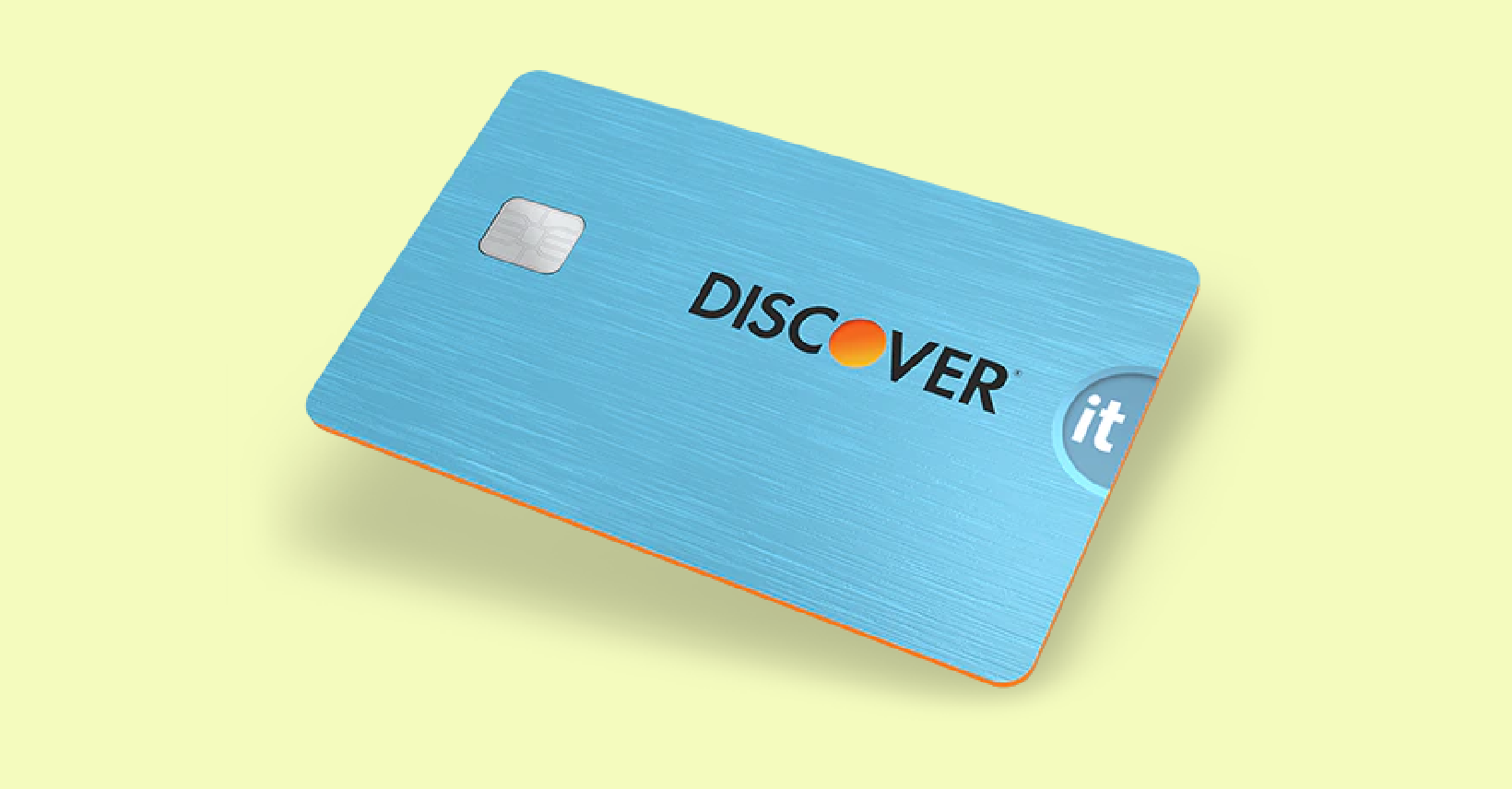The Role of Financial Education in the Responsible Use of Credit Cards

The Importance of Financial Education
Financial education is an essential component of responsible credit card management. With a solid understanding of financial principles, consumers can confidently navigate the complex terrain of credit, making informed decisions that protect their financial health. Below are several key reasons that illustrate the significance of financial education.
- Informed Decisions: One of the foundational aspects of financial education is understanding interest rates and associated fees. For example, credit cards often come with different annual percentage rates (APRs). A card with a 22% interest rate might seem convenient for making purchases, but if you carry a balance, this could lead to significant debt over time. Understanding these numbers helps consumers choose cards that align with their spending habits and payment capabilities.
- Budgeting Skills: Developing strong budgeting skills is vital for avoiding overspending. Knowing how to allocate your income towards expenses, savings, and debt payments can prevent you from reaching for your credit card in moments of impulse. For example, using a budgeting app can help track expenditures and remind you of upcoming bills, ensuring you stay within your means while building a safety net for future expenses.
- Long-term Planning: Awareness of credit scores and credit reports is crucial for long-term financial health. A good credit score can significantly lower the interest rates you receive on loans and mortgages. By learning about how credit is calculated, consumers can take steps to improve their scores, such as making timely payments and maintaining low credit utilization ratios.
While many individuals perceive credit cards as a simple method for making purchases, without the foundation of financial education, they can quickly lead to dire financial consequences. A common pitfall is not recognizing the dangers of accumulating debt. For instance, if someone misses payments, they may incur late fees or see their interest rates rise, leading to a debt spiral. Therefore, consumers should prioritize building their financial knowledge.
Furthermore, financial education equips users with the tools necessary to:
- Avoid Debt Traps: By being educated, individuals can identify warning signs of debt accumulation, such as living paycheck to paycheck or relying on credit for daily expenses. Recognizing these patterns early can prompt proactive measures to address them.
- Leverage Rewards: Many credit cards offer cashback or rewards points, but understanding the terms and conditions can maximize these benefits. For instance, knowing which categories earn higher rewards—like groceries or gas—can lead to a more strategic approach to spending that rewards responsible usage.
- Build Credit Wisely: Learning about responsible credit use allows consumers to enhance their credit scores gradually. For example, making small purchases on a credit card and paying them off in full each month can demonstrate positive credit behavior to lenders over time.
By placing a strong emphasis on financial education, consumers can harness the power of credit cards as tools for financial growth, rather than becoming sources of stress. Understanding these concepts is a fundamental step toward cultivating a healthier and more secure financial lifestyle.
DON’T MISS: Click here for a step-by-step guide
Empowering Consumers Through Knowledge
Financial education empowers consumers, providing them with the knowledge and skills needed to manage their credit card use effectively. With this education, individuals can avoid pitfalls and make choices that foster financial stability. One of the key benefits of comprehensive financial education is its ability to demystify credit card terms and conditions, which can often feel overwhelming. Let’s explore some specific aspects of how financial education plays a critical role in the responsible use of credit cards.
- Understanding Fees and Charges: Many consumers underestimate the importance of understanding the variety of fees associated with credit cards. From annual fees to foreign transaction fees, being well-informed about these charges can impact your overall cost of credit. For instance, a card with a lower interest rate but a high annual fee may not be the best choice if you don’t use it frequently. Financial education helps individuals weigh these costs against their personal spending habits.
- Recognizing the Importance of Timely Payments: Making credit card payments on time is vital for maintaining a healthy credit score. Financial education teaches individuals the repercussions of late payments, which may include hefty late fees and negative impacts on their credit score. By understanding grace periods and setting up automatic payments or reminders, consumers can avoid the stress and financial strain caused by missed deadlines.
- Capitalizing on Introductory Offers: Many credit cards come with promotional offers, such as 0% APR for an introductory period. Knowing how to take advantage of these promotions can be key to making larger purchases without incurring interest. A savvy consumer can use this time to pay down the balance before the standard rate kicks in, but this requires a solid understanding of the terms involved.
An additional consideration in financial education is the ability to understand and use credit responsibly. Successfully navigating the credit landscape requires not just awareness but also practical skills. Here are some important skills that are developed through proper financial education:
- Identifying Needs versus Wants: A crucial part of responsible credit card use is distinguishing between essential purchases and impulse buys. By developing this skill through financial education, consumers can create a more mindful approach to spending, ensuring that credit cards are only used for necessary expenses or planned purchases.
- Building an Emergency Fund: Financial education highlights the value of having an emergency fund, which can serve as a safety net and prevent reliance on credit cards during unexpected financial hardships. Saving up for unexpected expenses means you do not have to resort to using credit, which can lead to debt accumulation.
- Understanding Credit Utilization: It’s vital to recognize that credit utilization—the ratio of your credit card balances to your total credit limits—plays a significant role in credit scoring. Financial education can help individuals maintain this ratio below 30%, thereby positively influencing their credit score and overall financial health.
By fostering a solid foundation of financial knowledge, individuals can use credit cards as a beneficial tool rather than a source of anxiety. Understanding these core aspects of credit management is essential in creating a financially secure future.
DISCOVER MORE: Click here to find out how to apply
Building Healthy Credit Habits
Financial education plays a pivotal role in helping individuals develop healthy credit habits that can lead to long-lasting financial wellness. By learning about best practices related to credit card usage, consumers can prevent costly mistakes that may negatively impact their finances for years to come. Here are several critical components of developing healthy credit habits through financial education:
- Establishing a Budget: One of the cornerstones of responsible credit card use is the ability to create and stick to a budget. Financial education teaches individuals how to track their income and expenses, allowing them to allocate funds effectively. For example, if you know you have $400 each month to spend on discretionary items, understanding your spending limits can help you resist the temptation of using credit for purchases you cannot afford.
- Monitoring Credit Reports: Regularly checking credit reports is essential for maintaining a healthy credit profile. Financial education can guide individuals on how to obtain their free credit reports and what to look for, such as errors or signs of identity theft. This vigilance not only helps consumers understand their credit standing but also empowers them to take corrective action if needed.
- Setting Credit Limits: Understanding the difference between needing credit and wanting credit can also foster responsible habits. Financial education encourages individuals to set personal credit limits based on their income and financial situation, which can help avoid overspending. For instance, if someone has a credit card with a $5,000 limit, but their budget only allows for $2,000 in credit card purchases, adhering to that limit is crucial for financial health.
Furthermore, mastering the art of credit card utilization extends beyond just managing balances and payments. Financial education offers insights into proactive measures that can further enhance an individual’s creditworthiness:
- Using Multiple Cards Wisely: While it may be tempting to open multiple credit cards to take advantage of rewards or offers, understanding how to manage them responsibly is essential. Financial education provides the knowledge needed to balance and track multiple accounts effectively, preventing overspending and maintaining a healthy credit utilization ratio.
- Utilizing Financial Tools: Learning how to use financial tools such as budgeting apps or credit monitoring services can significantly enhance an individual’s ability to manage their credit cards effectively. These tools provide real-time data about spending habits and credit usage, enabling consumers to make informed financial decisions at a glance.
Additionally, building a thorough understanding of the consequences of credit misuse reinforces the significance of responsible credit card habits. Through education, individuals become acutely aware of major risks such as:
- High-Interest Debt: Financial education clarifies how quickly credit card debt can accumulate due to high-interest rates. Knowing that carrying a balance can lead to owing much more than the original purchase price encourages consumers to prioritize paying off balances in full whenever possible.
- Impact on Future Borrowing: It’s important to recognize that poor credit card management can affect future credit opportunities, such as loans for homes or vehicles. Financial education instills the understanding that a poor credit score resulting from irresponsible credit card use can have lasting implications, potentially costing individuals thousands in increased interest rates.
By emphasizing the importance of these skills and habits, financial education equips consumers to approach credit with confidence and responsibility, ultimately transforming credit cards into valuable financial tools for better decision-making and long-term success.
DIVE DEEPER: Click here to uncover essential retirement strategies
Conclusion
In today’s fast-paced financial landscape, financial education is essential for the responsible use of credit cards. By equipping individuals with the knowledge and skills necessary to manage credit wisely, we can reduce the risks associated with credit card misuse and empower consumers to make informed financial decisions. Understanding how to establish a budget, monitor credit reports, set personal credit limits, and utilize financial tools are crucial steps in cultivating healthy credit habits.
Moreover, acknowledging the potential pitfalls of high-interest debt and the long-term impacts of poor credit management highlights the importance of being educated about credit. With the right knowledge, consumers can view credit cards not as mere spending tools but as strategic assets that can enhance their financial stability. For instance, managing debts effectively and using rewards programs to your advantage can significantly improve one’s financial standing if approached responsibly.
Ultimately, the benefits of financial education extend beyond individual usage; they contribute to fostering a more informed society where people can navigate credit confidently and responsibly. As we continue to advocate for financial literacy, it’s crucial for both individuals and communities to prioritize learning about credit management, ensuring that credit cards serve as a pathway to opportunities rather than a source of financial stress. Transforming our understanding of credit will lead to better financial health and a brighter future for all.


